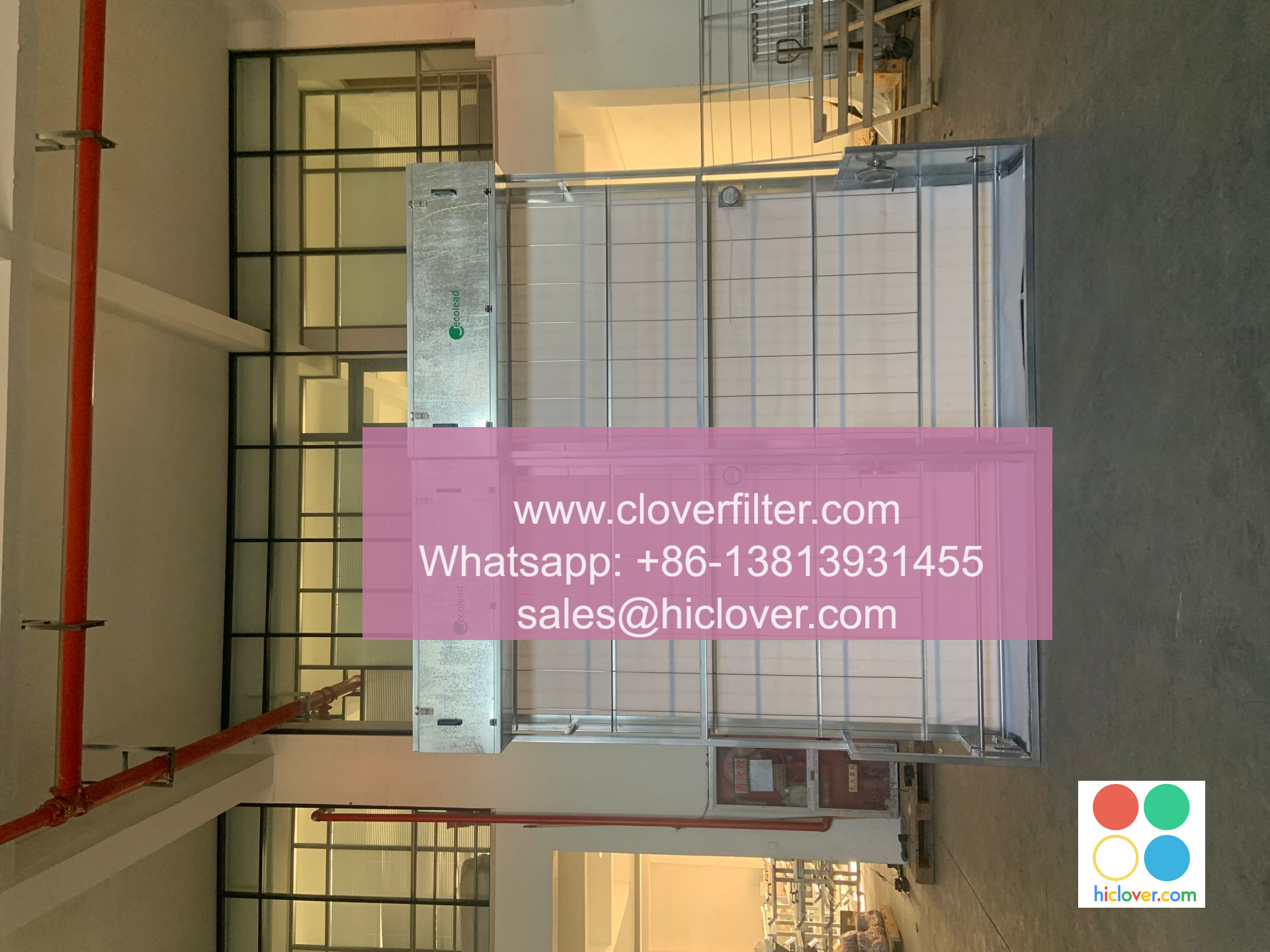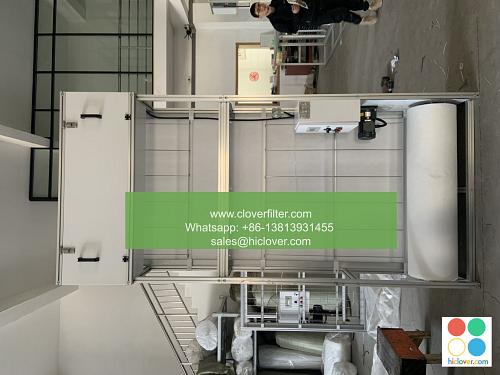The Future of Air Filtration: Trends and Insights from Air Filter Associations

The air filtration industry is rapidly evolving, driven by growing concerns about indoor air quality (IAQ), air pollution, and public health. As a result, air filter associations and manufacturers are investing heavily in research and development to create more efficient, effective, and sustainable air filtration solutions. In this article, we will explore the latest trends and insights from air filter associations, highlighting various application areas and the cutting-edge technologies that are shaping the future of air filtration.
Trends in Air Filtration Technology
Several key trends are currently driving the air filtration market, including:
* Nanofiltration and ultrafiltration technologies, which offer superior particulate removal and gas phase filtration capabilities
* HEPA (High Efficiency Particulate Air) filters, which are designed to capture 99.97% of particles as small as 0.3 microns
* Activated carbon and ion exchange technologies, which provide effective gas and odor removal
* Smart air filtration systems, which utilize IoT (Internet of Things) sensors and machine learning algorithms to optimize filtration performance and energy efficiency
Application Areas for Air Filtration
Air filtration has a wide range of applications across various industries, including:
* Commercial HVAC (Heating, Ventilation, and Air Conditioning) systems, which require high-performance air filters to maintain IAQ and reduce energy consumption
* Industrial process air filtration, which involves the use of specialized air filters to remove hazardous particles and gases from industrial processes
* Medical and healthcare facilities, which require ultra-clean air environments to prevent hospital-acquired infections (HAIs)
* Residential air purification, which involves the use of portable air purifiers and whole-house air filtration systems to improve IAQ and reduce allergy and asthma symptoms
Sustainability and Energy Efficiency
As concern about climate change and energy consumption continues to grow, air filter associations and manufacturers are focused on developing more sustainable and energy-efficient air filtration solutions. This includes:
* Low-pressure drop air filters, which reduce energy consumption and minimize airflow resistance
* Recyclable air filters, which are designed to be environmentally friendly and reduce waste disposal costs
* Energy-recovery ventilation (ERV) systems, which capture and reuse waste energy from exhaust air streams
Conclusion
The future of air filtration is rapidly evolving, driven by advances in technology, growing concerns about IAQ and public health, and increasing demand for sustainable and energy-efficient solutions. As air filter associations and manufacturers continue to innovate and develop new air filtration technologies, we can expect to see improved IAQ, reduced energy consumption, and a significant impact on public health and environmental sustainability. Whether you’re a facility manager, engineer, or simply a concerned citizen, staying up-to-date on the latest trends and insights in air filtration is crucial for creating a healthier, more sustainable future. It looks like you haven’t given me a specific prompt to work with. Could you please provide more details or clarify what you would like me to help you with? I’m here to assist you with any questions or topics you’d like to discuss!

